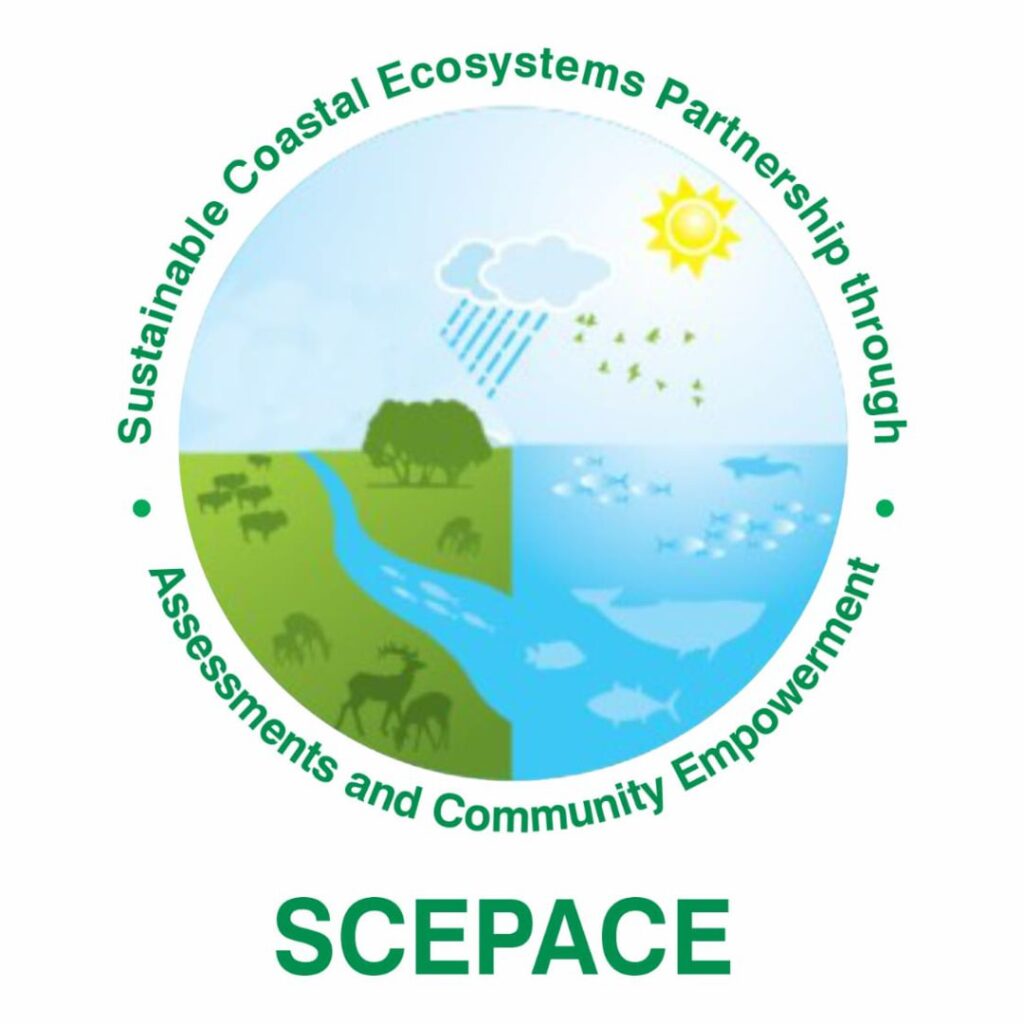In a push to enhance Nigeria’s water security and climate resilience, the Federal Government, in collaboration with UNESCO, has called for stronger governance of groundwater resources to support human settlements.
This call was made during the opening of a two-day Validation and Capacity Building Workshop on Wednesday in Abuja.
The event was jointly organised by the UNESCO Abuja Office, the National Water Resources Institute (NWRI), Kaduna, and the Regional Centre for Integrated River Basin Management (RC-IRBM), Themed “Improving Groundwater Governance Towards Achieving Sustainable Water Security for Human Settlements in Nigeria”.
In his remarks, Head of UNESCO Abuja Office, Mr. Albert Mendy, said, Groundwater is a vital natural resource that supports ecosystems, agriculture, and human well-being.
Representing him, the Head of Science Sector, UNESCO, Dr. Enang Momoh, explained that the goal of the sub-project is to strengthen knowledge-based management of groundwater and build resilience in Nigeria’s water sector.
He said, “According to the UN World Water Development Report 2022, groundwater accounts for 99% of the world’s liquid freshwater, and it is the primary source of drinking water for half of the global population.
“Through this workshop, we are validating the progress of the project, having already achieved three out of the four key deliverables. The remaining output focuses on publication, which will be addressed with your valuable feedback,” he added.
In his remarks, the Minister of Water Resources and Sanitation, Prof. Joseph Terlumun Utsev, represented by the Permanent Secretary, Ministry of Water Resources and Sanitation, Mr. Richard Pheelangwah, emphasised the importance of scientific collaboration.
He also highlighted that one of the key outcomes expected from the workshop would be the development of project ideas to focus on groundwater quality, which is critical to ensuring water security in Nigeria.
He affirmed the Federal Government’s commitment to supporting initiatives aligned with national priorities, including the Renewed Hope Agenda and the National Development Plan.
He said, “Sustainable water solutions at all levels require creativity, new knowledge, and innovation through partnerships. This workshop brings together experts, hydrologists, policymakers, and water resource managers to share insights and validate guidelines and tools developed for better groundwater management.
“The Federal Ministry of Water Resources and Sanitation will continue to support efforts aimed at sustainably managing Nigeria’s groundwater resources to ensure increased access to clean water across the country.” He added.
The Director-General of NWRI, Prof. Emmanuel Adanu, shared his thoughts on the importance of groundwater.
Prof. Adanu also stressed the need for local communities to be better informed about the value of groundwater.
He said, “Many may not realize that we have more groundwater than surface water. Rivers like the Nile and the Mississippi are actually fed by groundwater. When we speak of water governance, much of it focuses on how we manage groundwater that, over time, naturally makes its way to the surface. Ensuring its quality and availability is crucial, especially as groundwater becomes more accessible and vital to our water security.”
“We need to educate and empower local environments to ensure proper management of our water resources. Our goal should be to manage this resource carefully, ensuring that it remains sustainable for future generations.” He noted.
The workshop is part of a larger sub-project under the UNESCO Korean Fund-in-Trust initiative, titled “Water Security for Human Settlements in Developing Countries under Climate Change.”
Article Source: Vanguard News

